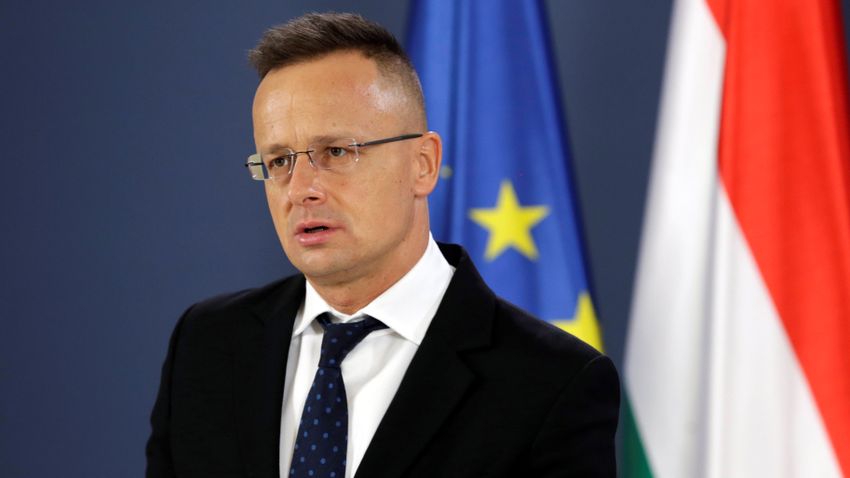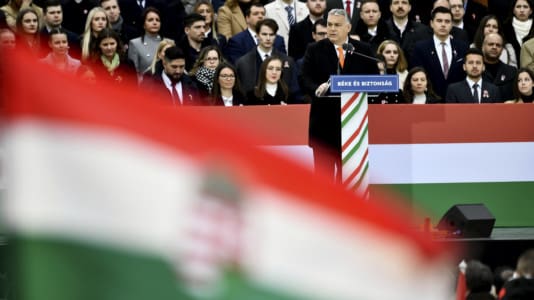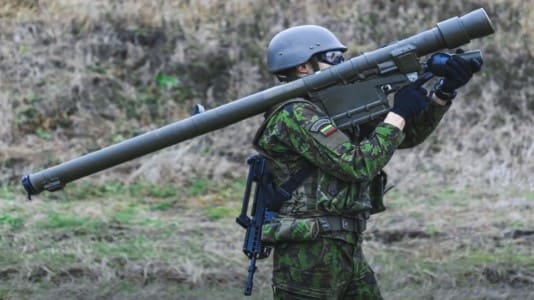Hungary’s main concern is to avoid being dragged into the war in Ukraine, Hungarian Foreign Minister Péter Szijjárto said at a meeting of NATO’s eastern wing countries in Bratislava, Slovakia.
“I reiterated Hungary’s position that this is not our war. We want to stay out of this war and we will do everything we can to protect the Hungarians,” he said.
Szijjártó emphasized that Hungary insists on the decision not to supply arms to Ukraine, not to transfer arms on its territory, and opposes the introduction of sanctions on the import of Russian oil and gas. Together with its partners, i.e. the so-called Bucharest nine (Bulgaria, the Czech Republic, Estonia, Poland, Latvia, Lithuania, Romania and Slovakia), Hungary condemns military aggression and wants to live in peace and security, he said.
Szijjártó also pointed out that in the finish of the Hungarian election campaign the opposition is doing its utmost to involve Hungary in the war.
[pp id=32747]
“There are ongoing negotiations between the Ukrainians and the Hungarian left, and an agreement has been reached that the left would begin transporting weapons to Ukraine immediately if it comes to power,” Szijjártó said, adding that this is unacceptable for Hungary, as arms transfers would bring with them an immediate danger of drifting into war.
“We understand that it is in the interest of the Ukrainians to have a left-wing government in Hungary that would supply weapons to Ukraine, but the Hungarian interest is to keep Hungary and the Hungarian people safe,” the minister said.
The head of the ministry also mentioned that he is still under strong pressure to get the European Union to impose sanctions on Russian oil and gas supplies, but he believes that this is a red line for Hungary. He emphasized that he is aware that the Hungarian left would vote in favor of these sanctions, but the government is unwilling to do so because then the price of the war would be paid by the Hungarian people. The sanctions would seriously jeopardize Hungary’s energy supply and the functioning of the economy, he pointed out.
At the meeting, Szijjártó also pointed out that the largest aid program in the country’s history is being implemented in Hungary. Hundreds of tons of food and hygiene items were delivered to Ukraine, and 548,000 Ukrainian refugees have already arrived in Hungary.
Hungary’s ruling Fidesz party, led by Hungarian Prime Minister Viktor Orbán, currently holds the polling lead just two days before the election.





